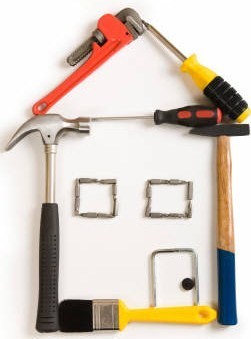
By: Tsu-Han (Ina) Chang
Real estate bubble is a term used to describe a rapid increase in the value of housing prices in the real estate market. The housing prices during the real estate bubble are at such a high that it typically cannot be sustained by the income level and economic elements at the time, and therefore, lead to a real estate bubble bust.
In 2005, during the middle stage of the real estate bubble the U.S. housing prices were at an all time high. However, the increase in the values of the properties began to slow as fewer buyers were able to afford homes. Furthermore, due to the inability of the housing prices to increase further as properties owners/investors had hoped it created a situation where homeowners and investors were starting to incur negative equity. Typically, when an investor purchases a property they are expecting the property’s value to increase, or at the least sustain the same value. However, negative equity in a real estate bubble bust occurs when the mortgage, or the debt taken out by the investors are higher than the actual value of the property. This is just one of the reasons that create the real estate bubble bust.
Some other reasons a real estate bubble will burst are the following:
1. Interest rates are rising, leading to foreclosure
2. 1st time buyers are unable to buy in the high priced housing market
3. Fear that the real estate bubble will burst and acting upon the fear
References:
http://ezinearticles.com/?3-Of-The-Top-9-Reasons-That-The-Real-Estate-Bubble-Is-Bursting&id=192244
http://en.wikipedia.org/wiki/United_States_housing_bubble
http://en.wikipedia.org/wiki/Housing_bubble

















 Written by Kenneth R. Harney
Written by Kenneth R. Harney




